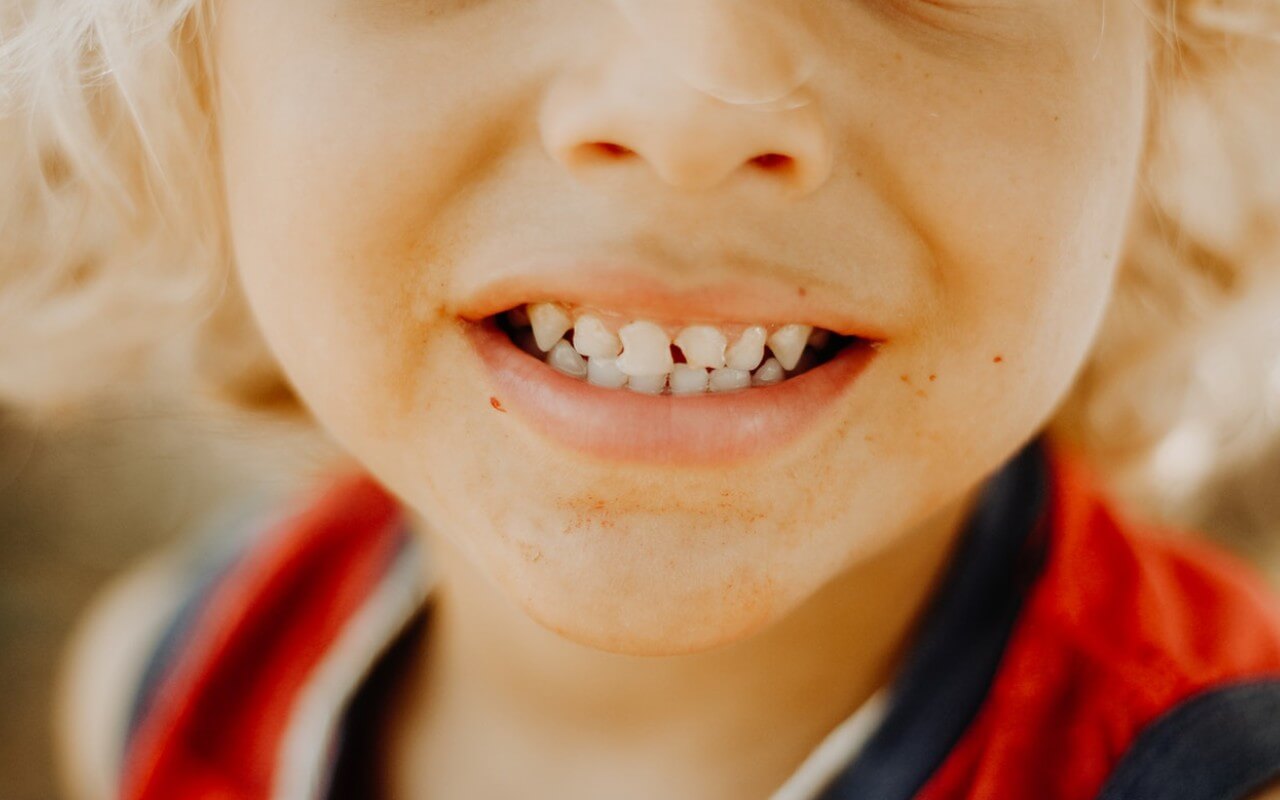The holiday season for most people is full of moments to spend time with loved ones, indulge in great food, and, yeah, “cheers” to some of the best spirits of the season. However, excessive alcohol intake and oral health do not mix well. Here are some myths and facts about alcohol consumption and oral health.
Myth 1: Having beer won’t stain your teeth
Fact: Like many drinks, beer can lead to discoloration of the tooth. Chromogens bind to the enamel of the tooth that has been compromised by alcohol acid, staining the teeth. This discoloration may look yellowish or brownish. These unsightly colours, especially if you drink beer regularly, may increase or worsen over time.
Myth 2: Alcoholic beverages help you keep hydrated.
Fact: Alcohol dries your mouth, instead of keeping it wet. Do you recall all those additional trips to the bathroom when you’re drinking? Alcohol in reality is a diuretic. It dehydrates you by making you urinate more than normal. Reduced water in the body leads to decreased production of saliva.
Myth 3: It makes it healthier for your teeth if you add orange or lime juice to your drink
Fact: Orange and lime juice are acidic and can further damage the enamel of your teeth, weaken them and make them susceptible to cavities and stains.
Myth 4: Frequent consumption of alcohol cleanses your teeth
Fact: For those who drink heavily, the risk of developing cavities and gum disease is higher. Saliva helps to clean your mouth naturally. Decreased saliva production results in a dry mouth which leads to the build-up of plaque and bacteria. Heavy drinking can also lead to frequent vomiting, and the vomit is extremely acidic, which can erode the enamel of your teeth.
Myth 5: Oral cancer occurs only in people who smoke and not in people who consume alcohol
Fact: Consumption of alcohol is a major risk factor for mouth, larynx, pharynx, and oesophagus cancers. Alcohol, especially in the mouth and in the throat, can act as an irritant. Besides, nutritional deficiencies associated with heavy drinking can reduce the protection efficiency of antioxidants against developing cancer.
When it comes to oral health, many deep-seated assumptions are completely false. Being able to tell the difference between these common myths and the scientifically proven facts will help maintain your oral health and improve your overall well-being.
Photo by Inga Seliverstova from Pexels


























